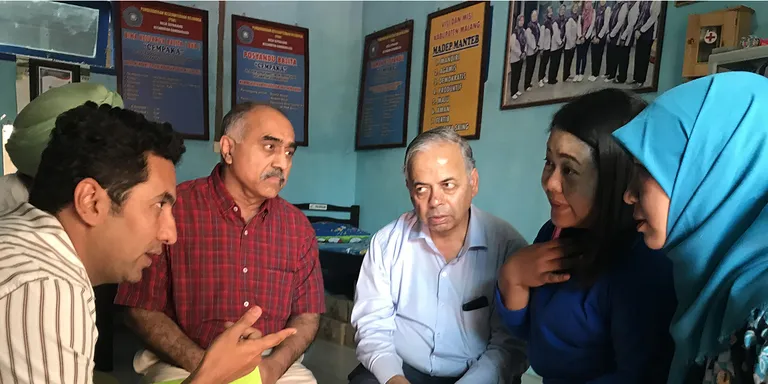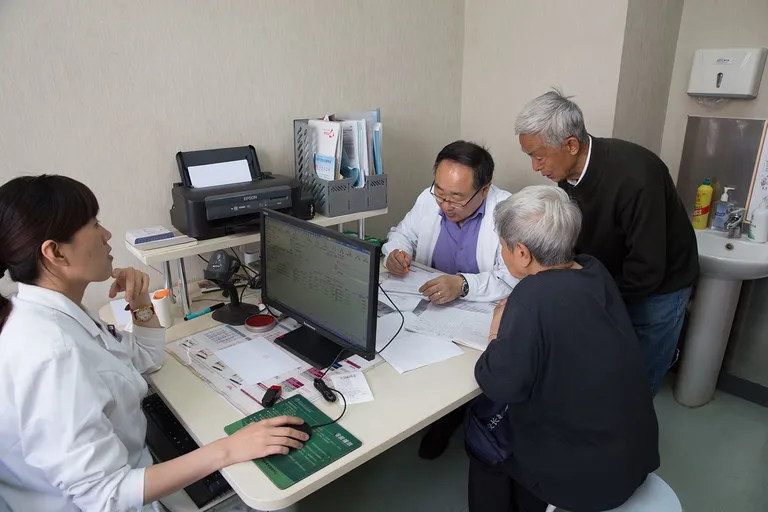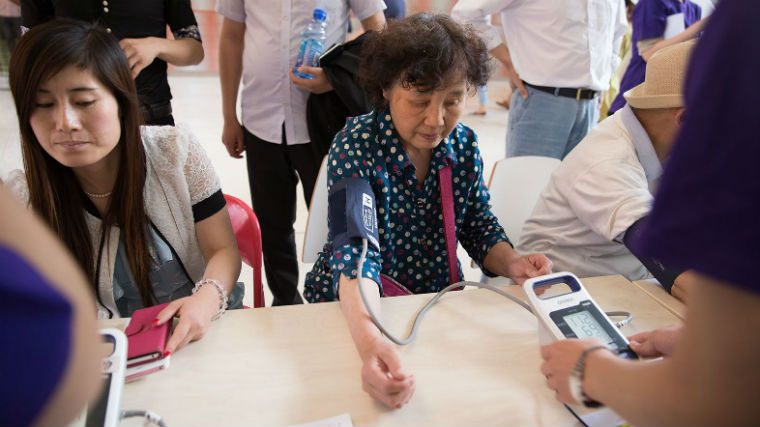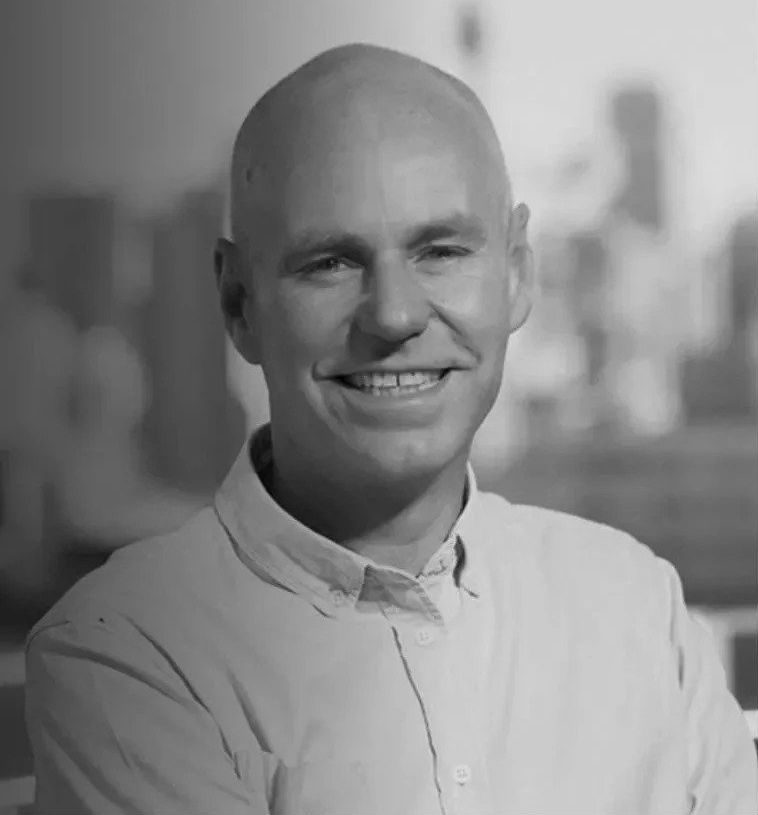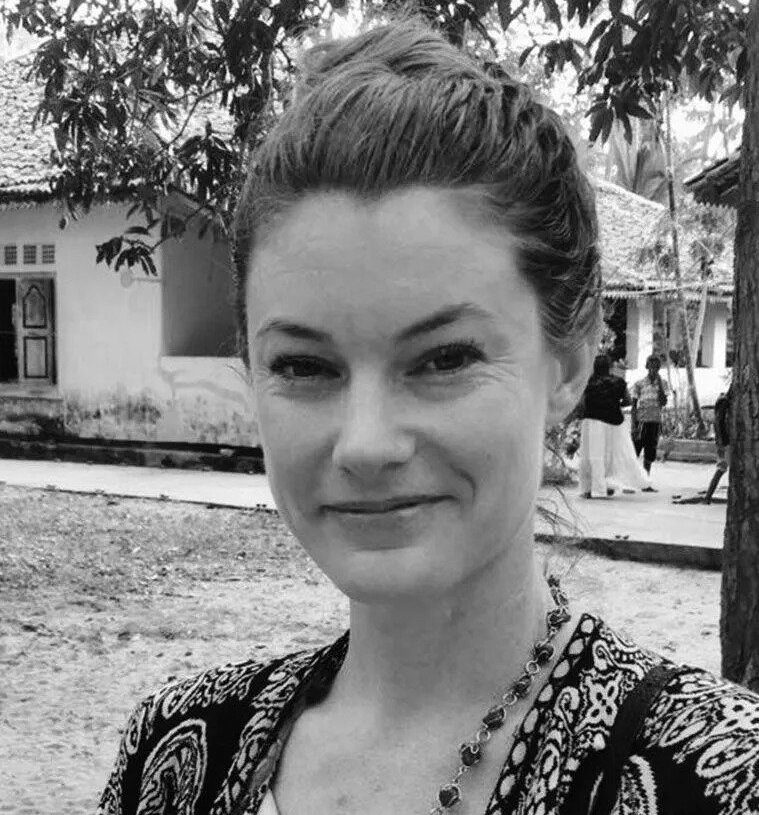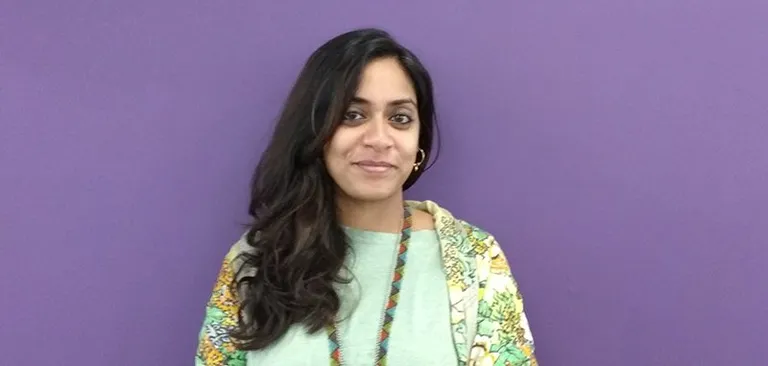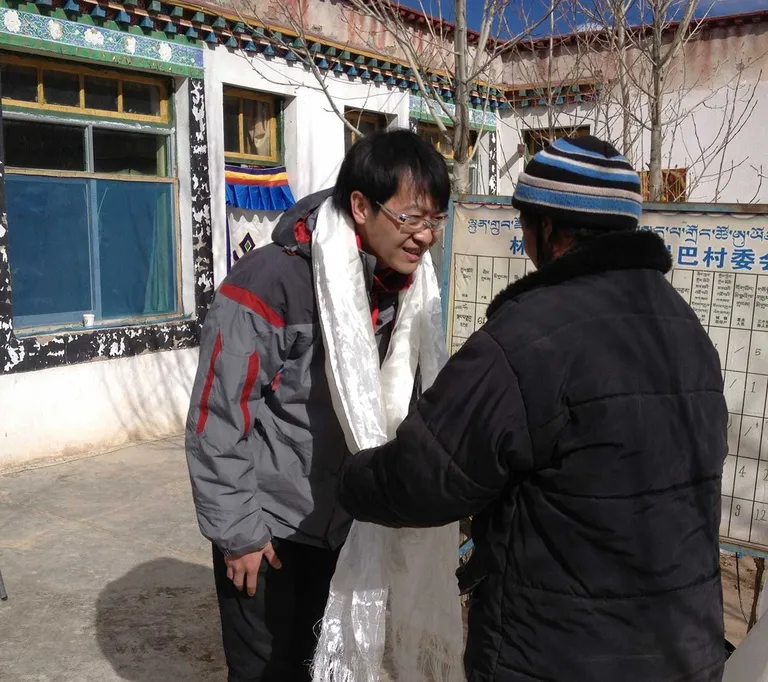TGI and AIGGPA to collaborate in research to improve the health of people in Madhya Pradesh
The George Institute for Global Health (TGI) in India and the Bhopal-based Atal Bihari Institute of Good Governance and Policy Analysis, (AIGGPA) a think-tank of the Government of Madhya Pradesh will work together to generate evidence that will inform healthcare decisions to reduce premature death and disability in Madhya Pradesh.





